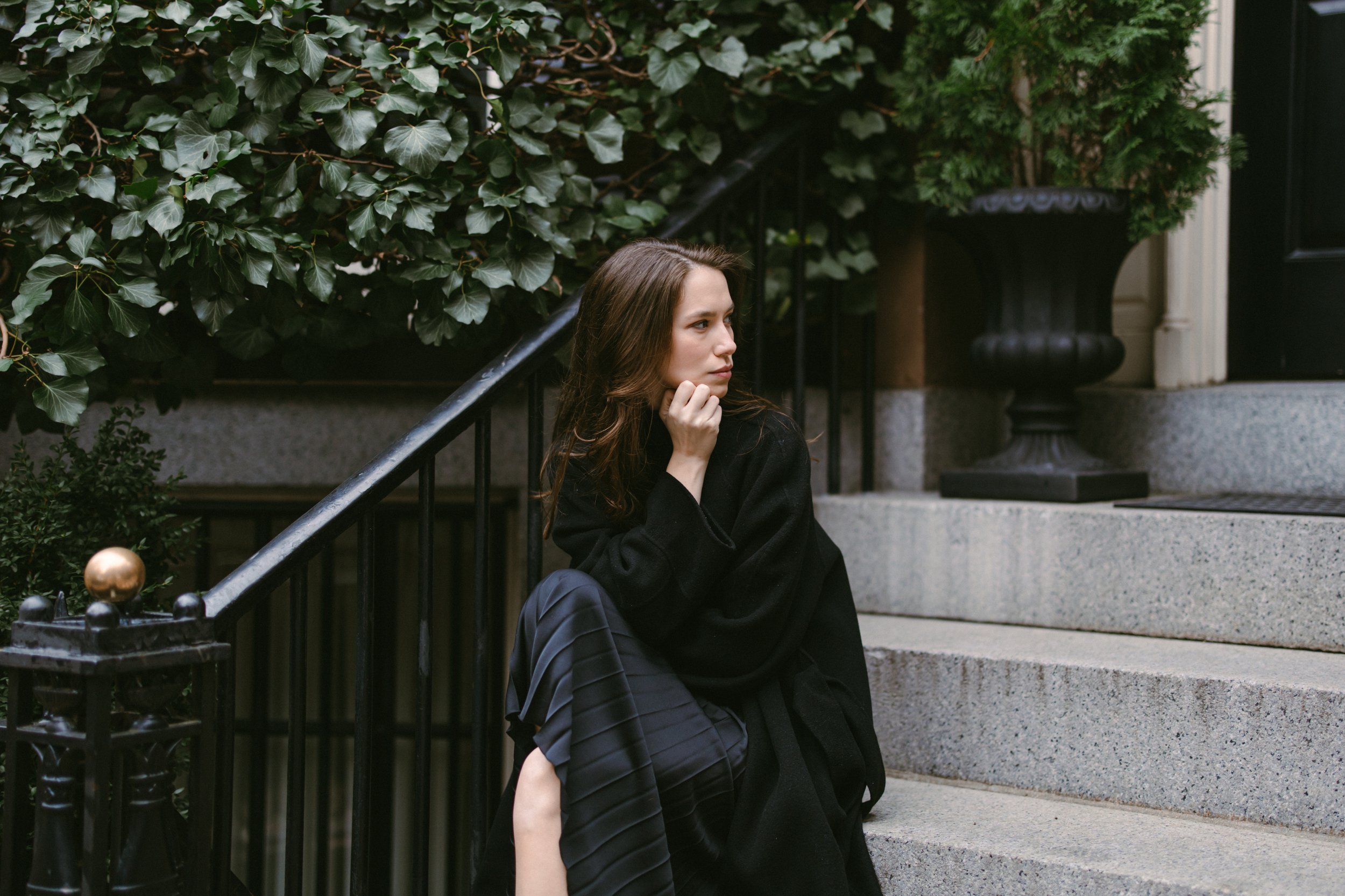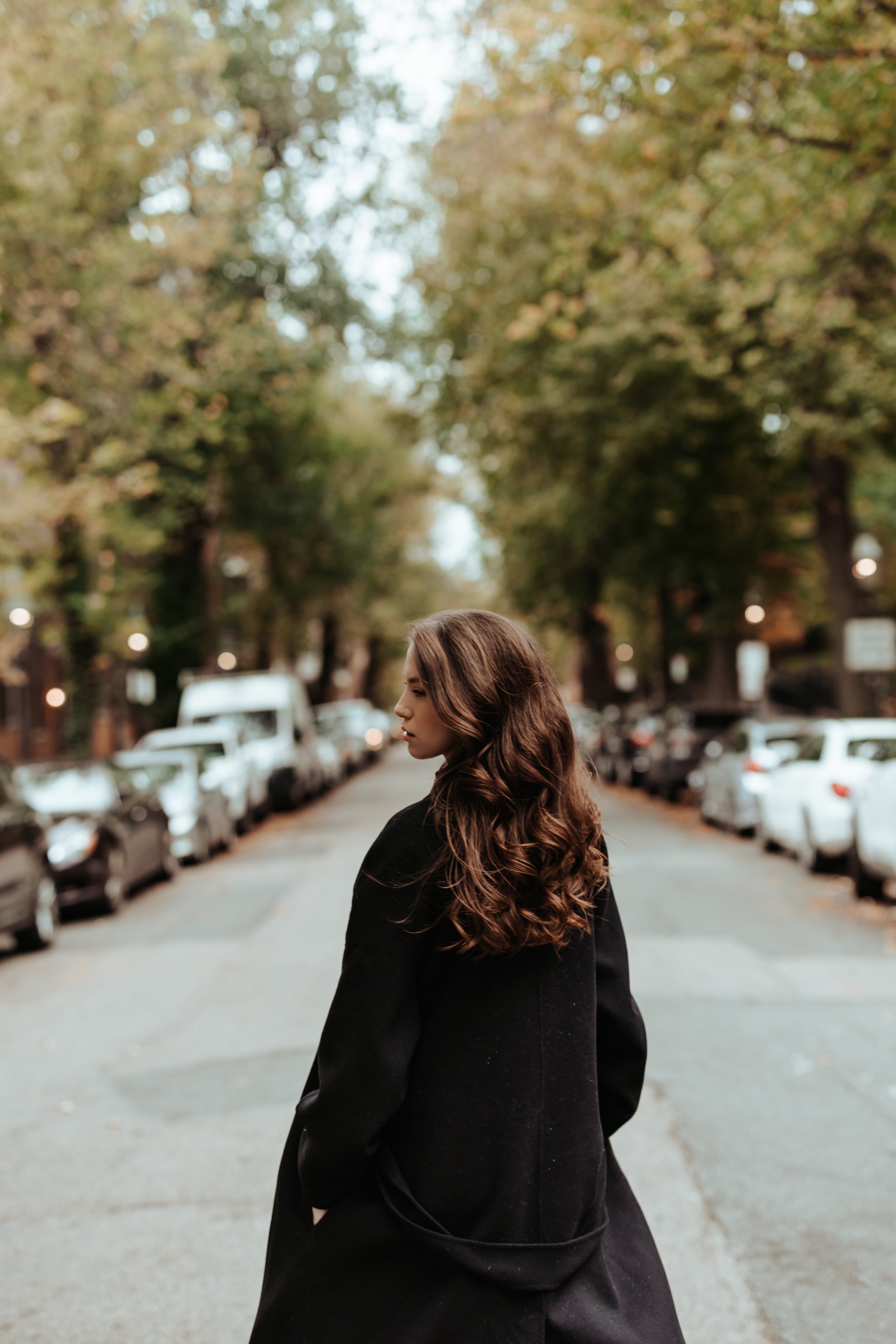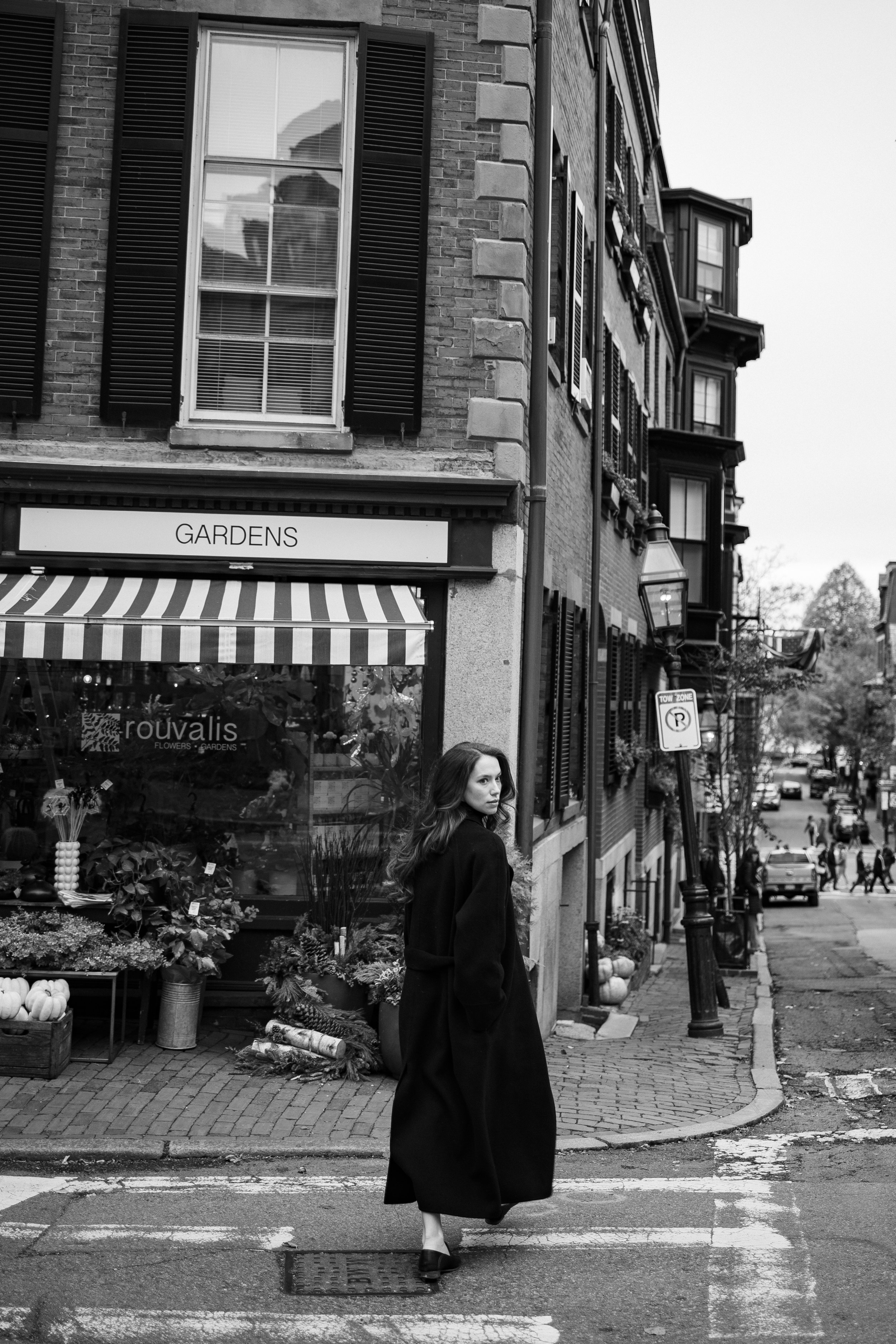
Looking out over the water, I watch the last tendrils of sunlight breach the surf while I sip on a glass of cold white wine, taking a moment to just breathe.
This is one of the last truly quiet moments I can remember in a long time. Sitting on a weather-worn wooden bench, listening to the waves lull Lake Huron to sleep for the night, I contemplate leaving this place, uncertain of when or if I will ever return. I reflect on the changing currents my life has taken up to this point.
A few days later, my car is packed, and I'm driving down the highway, ready to start my first day as a doctor at a bustling metropolitan children's hospital. Just two months earlier, I had graduated from medical school. I don't know what this new adventure will bring, the choices I'll make, and if I can make a difference.
Who will trust this musician-turned-pediatrician with their children?
These questions have been recurring over my first year as a doctor. Some I've been able to answer with confidence, piecing together a new life here like waves pulling the sand across the shore. But more often than I was initially willing to admit, my answer to many questions has been, 'I don't know.'
In my previous life as a musician, those three words were my torment. Improvisation was foreign, much like the new country I had moved to. I fought improvisation through practice, attempting to predict every outcome rather than allowing uncertainty to consume me. 'I don't know' became an afterthought, something I had strategized my way out of until I came across situations no one could possibly plan for.
I became a music therapist, planning my sessions much like I had planned my sets at gigs. Yet, 'I don't know' still haunted me. I encountered a family I will never forget – their child, a two-month-old referred to me by the palliative care team before being removed from a ventilator. I tried my best to guide the family through their profound grief and provide solace. They passed away the next evening, and I never saw their family again. It was my first experience with a patient's death, and it was heartbreaking not to have answers to their questions about what would happen next.
My interest in cardiology grew after I worked with a young patient as a music therapist who was waiting for a heart transplant. They waited for almost a year. I would spend hours each week preparing for their sessions, but I wasn't working on the music; I was researching their disease – and then other cardiac diseases of childhood. Why they happen, what the next steps are. What made this case particularly difficult was the patient sitting in the hospital, not knowing when a heart would become available.
'I don't know' was the ever-present question on the tip of their tongue.
Helping their mother process the grief that her child may die waiting, but that she was also hoping for a heart - and hoping for a heart meant that someone else's child needed to die. Working with her through that grief was insurmountable at the time. It was at this point that I knew I could do more and pivoted my career to that of a pediatrician.
Initially, I worried that not having the answers would diminish my trustworthiness as a physician. Parents come to doctors seeking guidance for their children's health, something as invaluable as it is irreplaceable. However, over the past year, I've come to understand that 'I don't know' are probably the three most powerful words in my vocabulary.
This transformation didn't happen overnight but was a slow erosion that has now shaped the way I practice medicine. Medicine is, fundamentally, a practice – a skill honed through experience and, most importantly, by listening to patients and their families instead of making decisions in isolation.
The more I embraced this phrase, the more empowered I felt to learn, to explore, and to be candid and realistic with the families I served. 'I don't know' in isolation can be unnerving, but 'I don't know, and here's how we can find the answer' is like using a map to discover an uncharted island. I was learning the practicalities of medicine, understanding the weight of the decisions I make daily and how they impact the real people sitting in front of me. Expressing my own uncertainties with families, along with a plan to challenge our collective uncertainty, led to meaningful connections.
So a year later…
Looking out over the same Lake Huron sunset, everything has changed. Sitting on a weather-worn wooden bench, I contemplate the eddies of my former life as a music therapist, the waves that carried me through medical school, and now the raging riptide pulling me back out to deeper and yet uncharted waters.
They have all led me here. So if you want to know where my life is going next, the honest answer is, 'I don't know,' but I'm genuinely excited for us to embark on this journey of discovery together.




